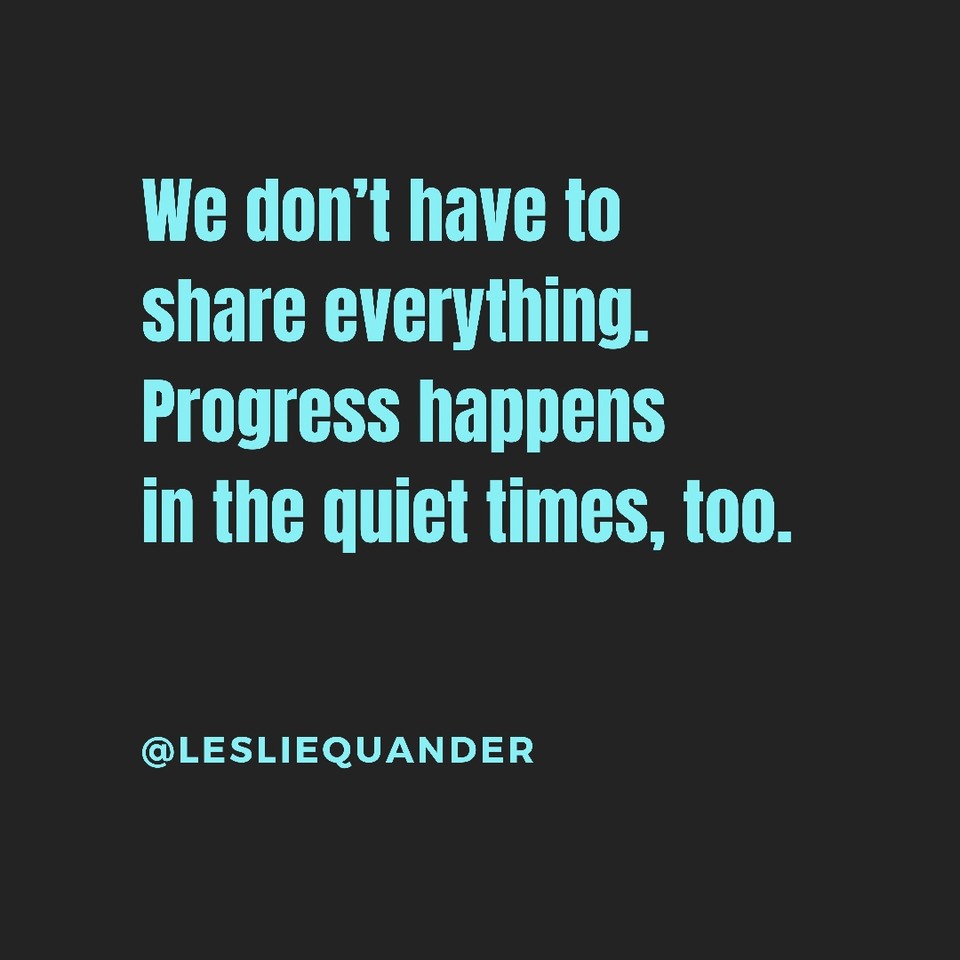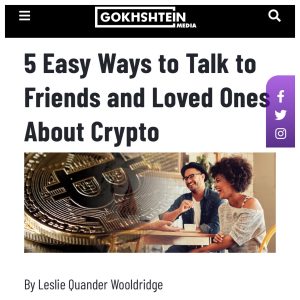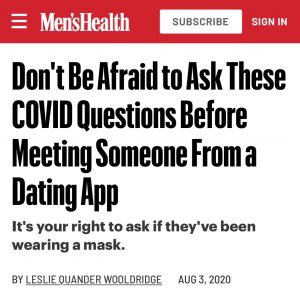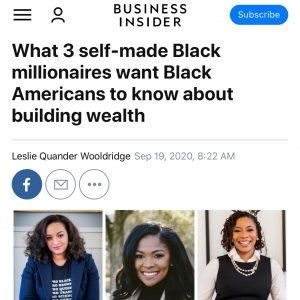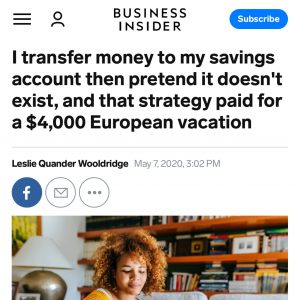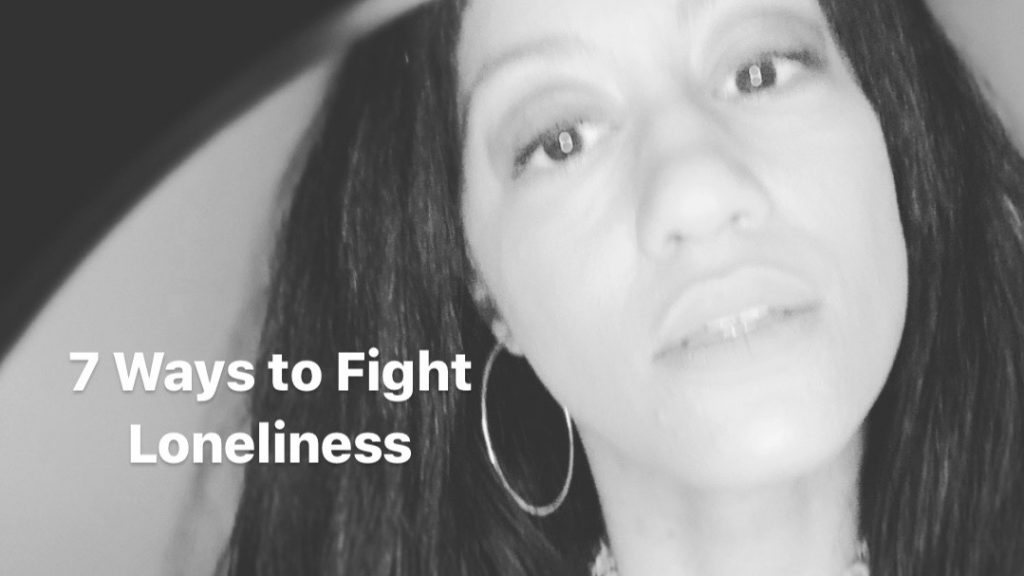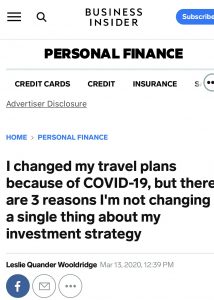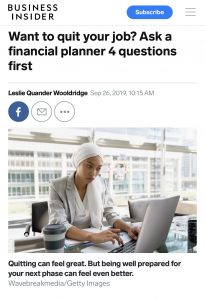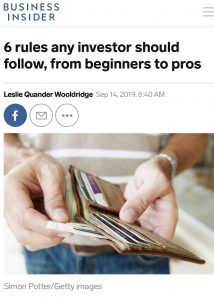The interesting thing about my quiet time on this blog is that I’ve been posting so much for other sites. How dare I leave my own little corner of the world dustier than it used to be?
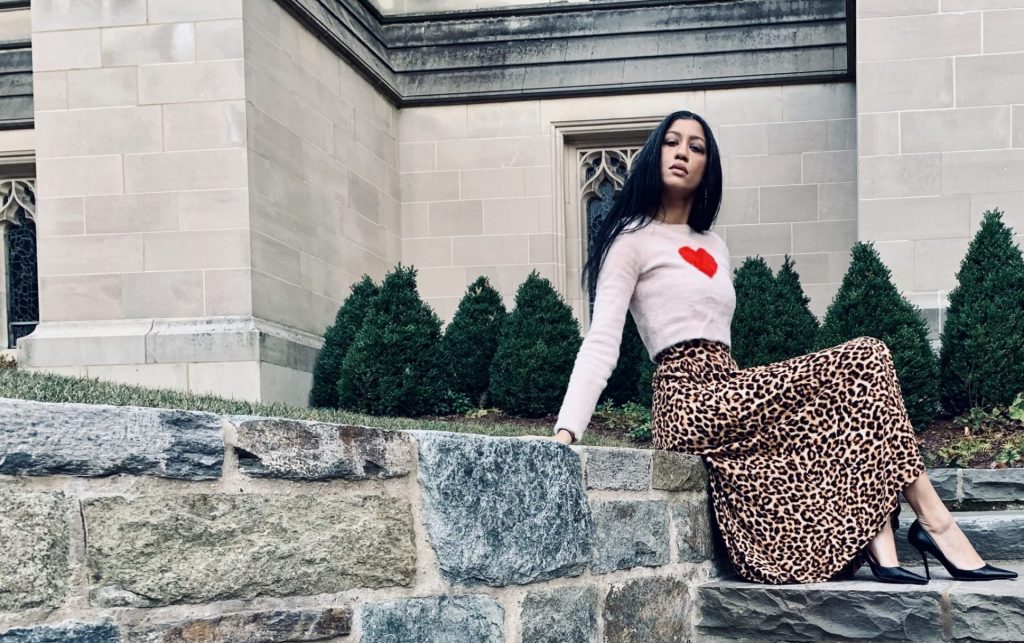
So I’m back to catalogue a bit of what I’ve been up to during these changing times. And I’ll add, dear reader, that I hope you’ve been okay. It’s important to set boundaries with our time, and to care for ourselves, and no one needs to channel superheroes. So my blog falling away is a result of me following my own philosophy. (On a side note, did I also just channel Lady Whistledown?)
Okay, now here we go…
Editorial updates
I’ve been doing lots of reporting and writing.
For instance, I’ve done stories for Men’s Health on the ways people can be attracted to each other. For example, romantic and sexual attraction often are discussed, but people also can feel non-sexual physical attraction, intellectual attraction, and aesthetic attraction. Check out my author page on menshealth.com to read this series, and more content, and see answers to frequently asked questions.
I’ve also done as-told-to stories on interesting people for AARP The Magazine, including this one on a veterinarian who treats the pets of unhoused people.
When it comes to personal finance, I’ve reported on everything from the facts about investment banking (for Insider) to what to know about Bitcoin IRAs for Insider (yes, this is a thing). Feel free to read these articles via my author page at Insider.
And my “Market Mindset With Leslie Quander” podcast has been airing and features some guest interviews. There I spotlight the mindset of investing and considerations for meeting your goals, along with market news. Watch episodes on Gokhshtein Media’s YouTube page (or some via my media page here), or recent streamed episodes via my Twitter. (Edit: As of August 2022, this show has concluded.)
Social media and speaking
I have a fairly new TikTok account, and I’m thankful to have reached millions of viewers. Because if I can help anyone remember life’s lovely moments, or that mindset matters, or that they’re not stuck, or that people do care, that’s meaningful. (I’m @lesliequander everywhere, in case you want to follow along.)
I also spoke on a fun panel at the 2021 conference of the American Society of Journalists and Authors, giving the inside scoop on things that irritate editors. Because, look, there are things you need to know to stand out in a good way.
By the way, I have more to say about mindset, wealth-building, the pursuit of dreams, and best practices for breaking into media outlets. So, if you’re interested, check out my speaking page to learn how to request to book me as a speaker, moderator, or host.
Consulting life
Right now, I’m loving my consulting life. (Learn more about what I do.) At the end of 2021, I decided to leave my consulting post at Sisters From AARP, where I worked as senior editor and reported stories; edited writers; advised on brand strategy, product development, and communications; and developed and hosted live social media events. (That’s not even the whole list!) I’m glad to have been able to contribute. You can see my stories, including tips on how to move forward after divorce, how to cope with failure (I may post more on this actually), and various personal finance items as well as celeb and author interviews on my author page.
I’ll wind down here and will conclude with this: The quiet times in certain settings definitely have their place. After all, we don’t have to share everything.
